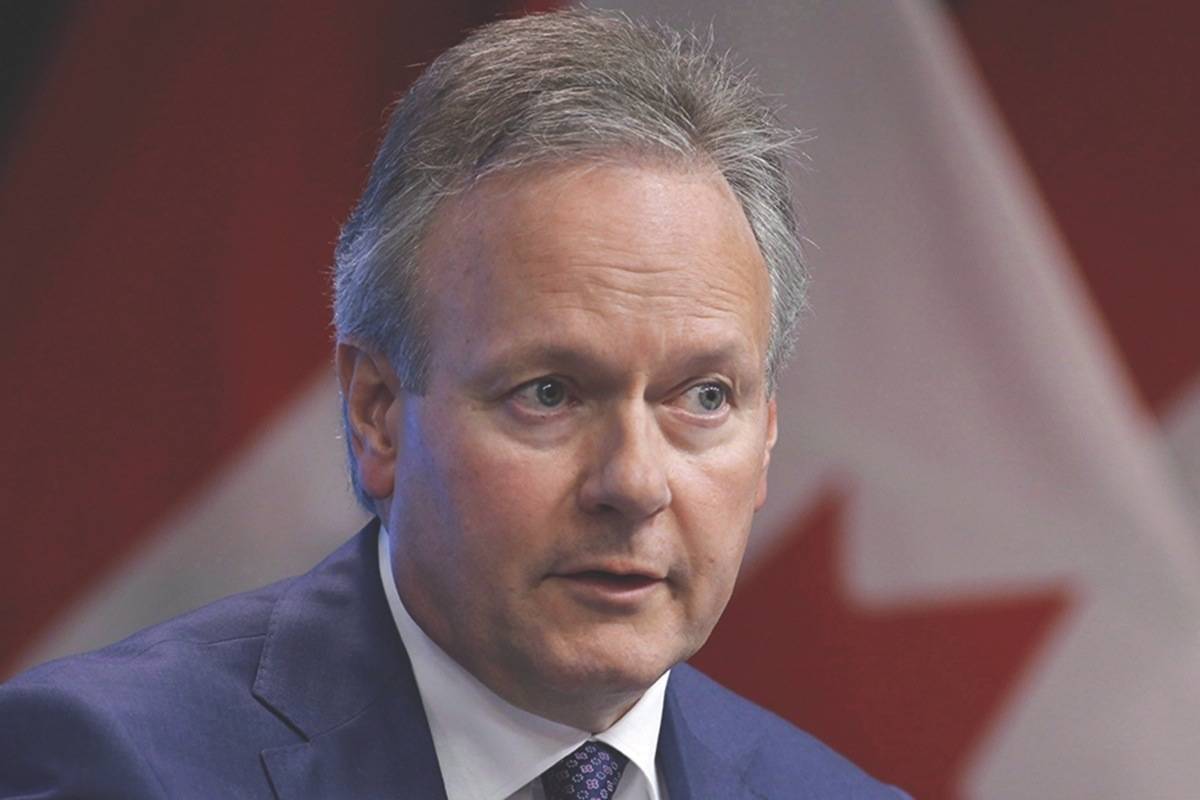Disruptive technologies are making it harder to determine whether, and how quickly, to raise interest rates, the governor of the Bank of Canada said in a speech Thursday.
But Stephen Poloz said Canadians need not fear the new digital age and, in fact, he adds they are already benefiting from it, and embracing it.
“The technology is enabling growth everywhere, including in industries that have not traditionally been considered high tech,” Poloz told the Atlantic Provinces Economics Council and Greater Moncton Chamber of Commerce.
But Poloz said digital disruption, overall, is producing a positive impact on the economy.
He pointed to the computer system design sector as a prime example, noting it has grown by seven per cent annually over the past five years and now accounts for nearly two per cent of Canada’s economic output.
“To put this into context, the computer system design sector is already more important to the economy than the auto and aerospace sectors combined,” Poloz said in a speech that also noted the Canadian economy has fully recovered from the 2008 financial crisis and the 2014 oil-price collapse.
Canada also now has the world’s third-largest concentration of researchers in the field of artificial intelligence, he said, with foreign direct investment coming into the country increasingly skewed toward high tech.
Digital disruption is just as much a factor in deciding monetary policy as inflation and the ongoing concerns around global trade uncertainty, Poloz added.
But new digital technologies, in particular, could be giving the economy more room to grow before inflation pressures emerge, he said.
“Raising interest rates too quickly could choke off this economic growth unnecessarily,” the governor said, adding it makes monetary policy even more data dependent.
At the same time, uncertainty is no excuse for inaction in deciding whether to raise interest rates, Poloz said.
“What it does mean is that we will move rates toward a more neutral level gradually, continuously updating our judgement on these key issues in real time,” he said.
The Bank of Canada held its trend-setting interest rate at 1.5 per cent earlier this month but is widely expected to raise the rate at its next scheduled announcement on Oct. 24.
Terry Pedwell, The Canadian Press



